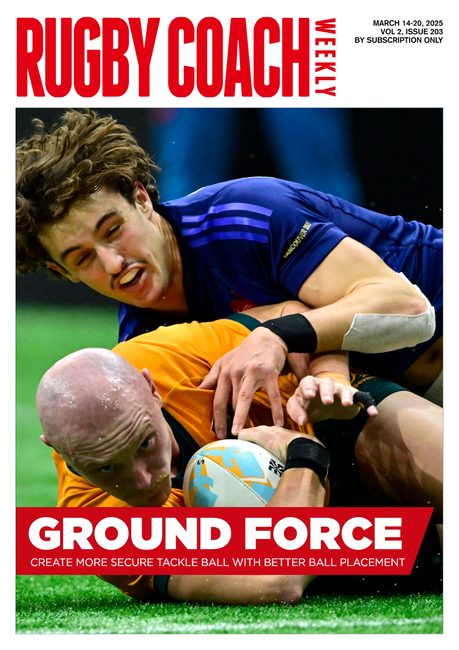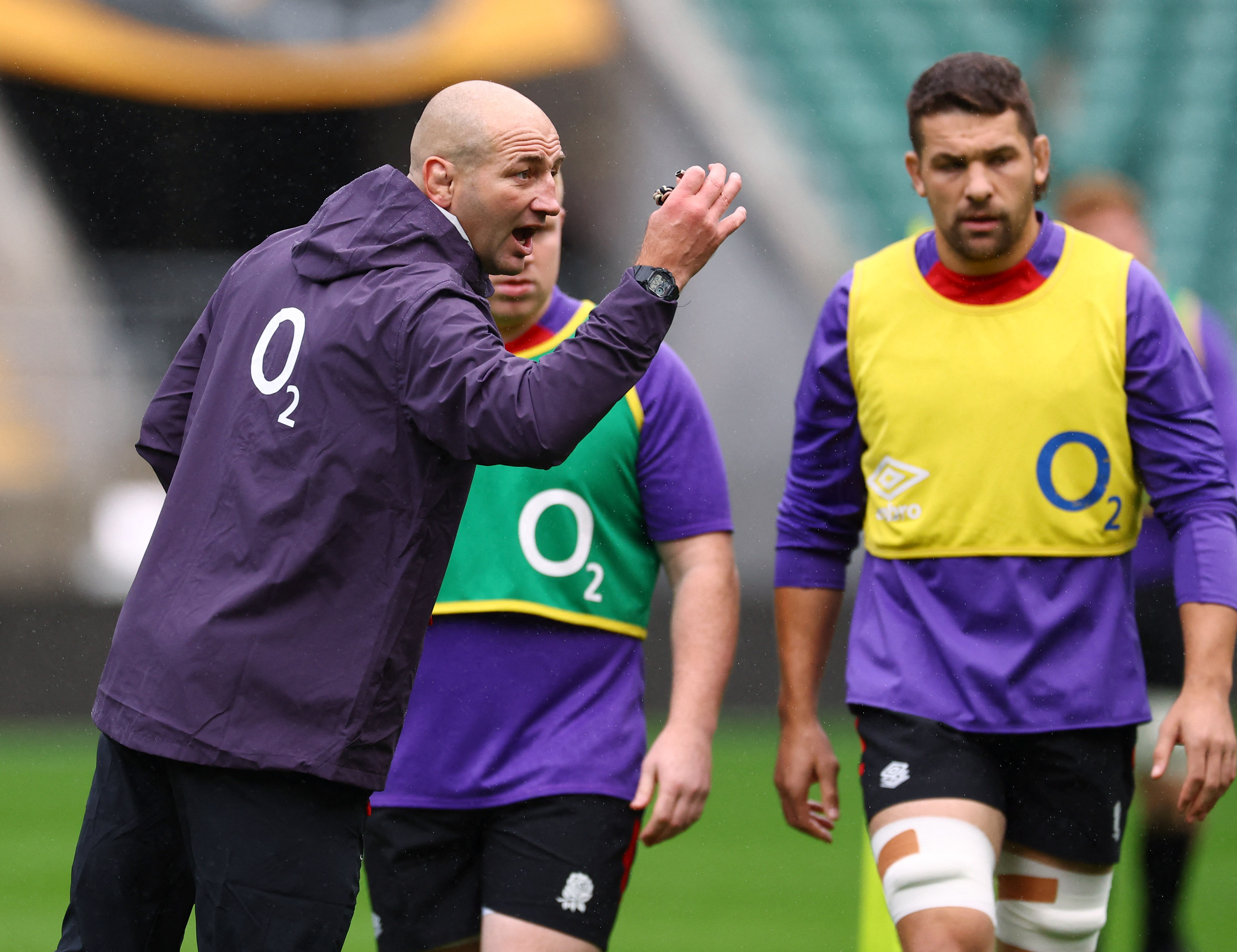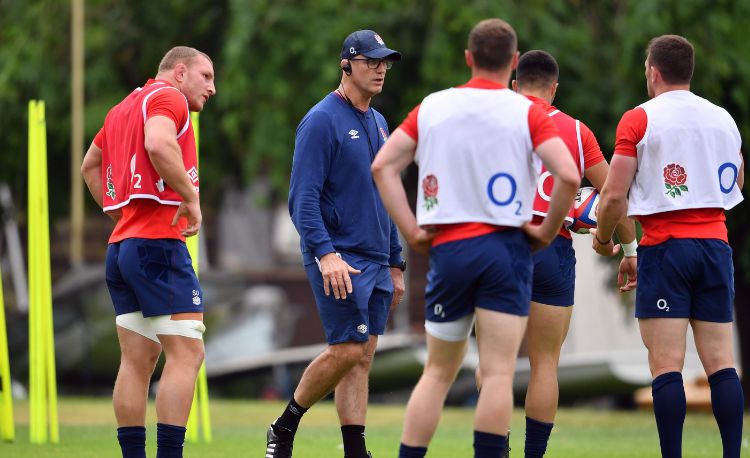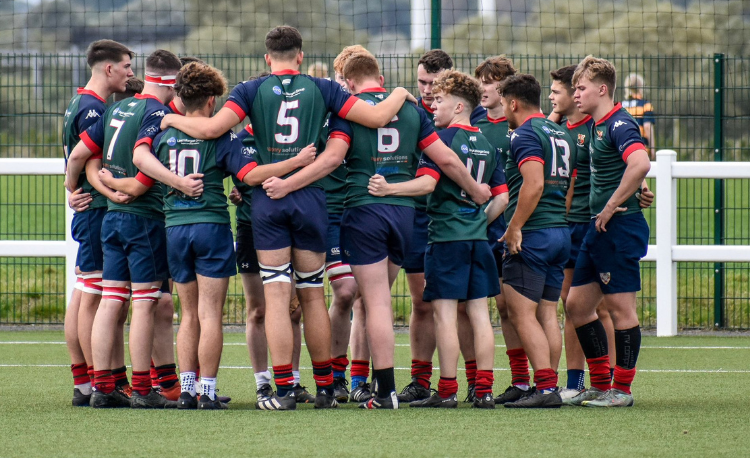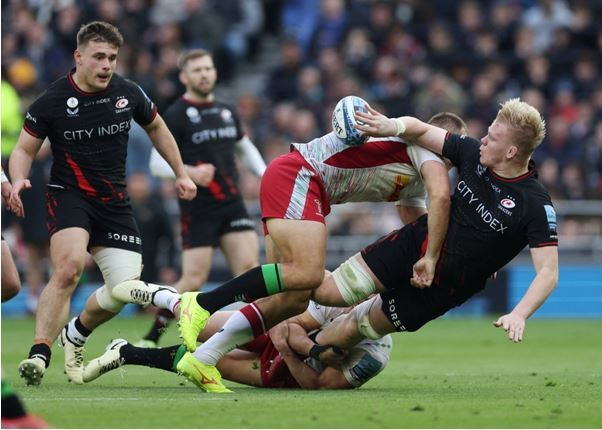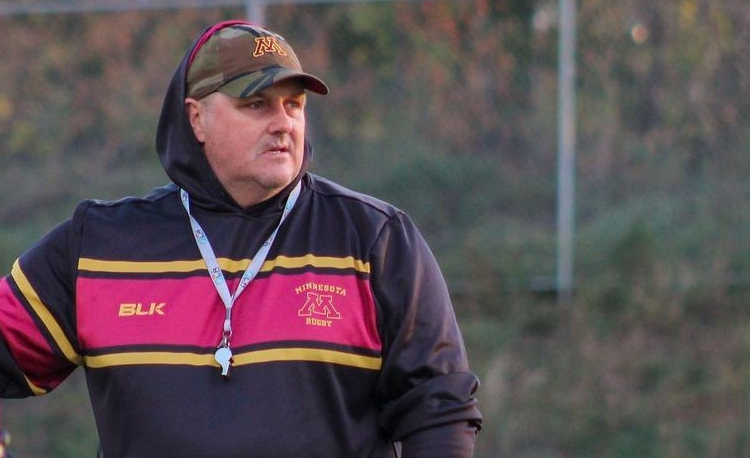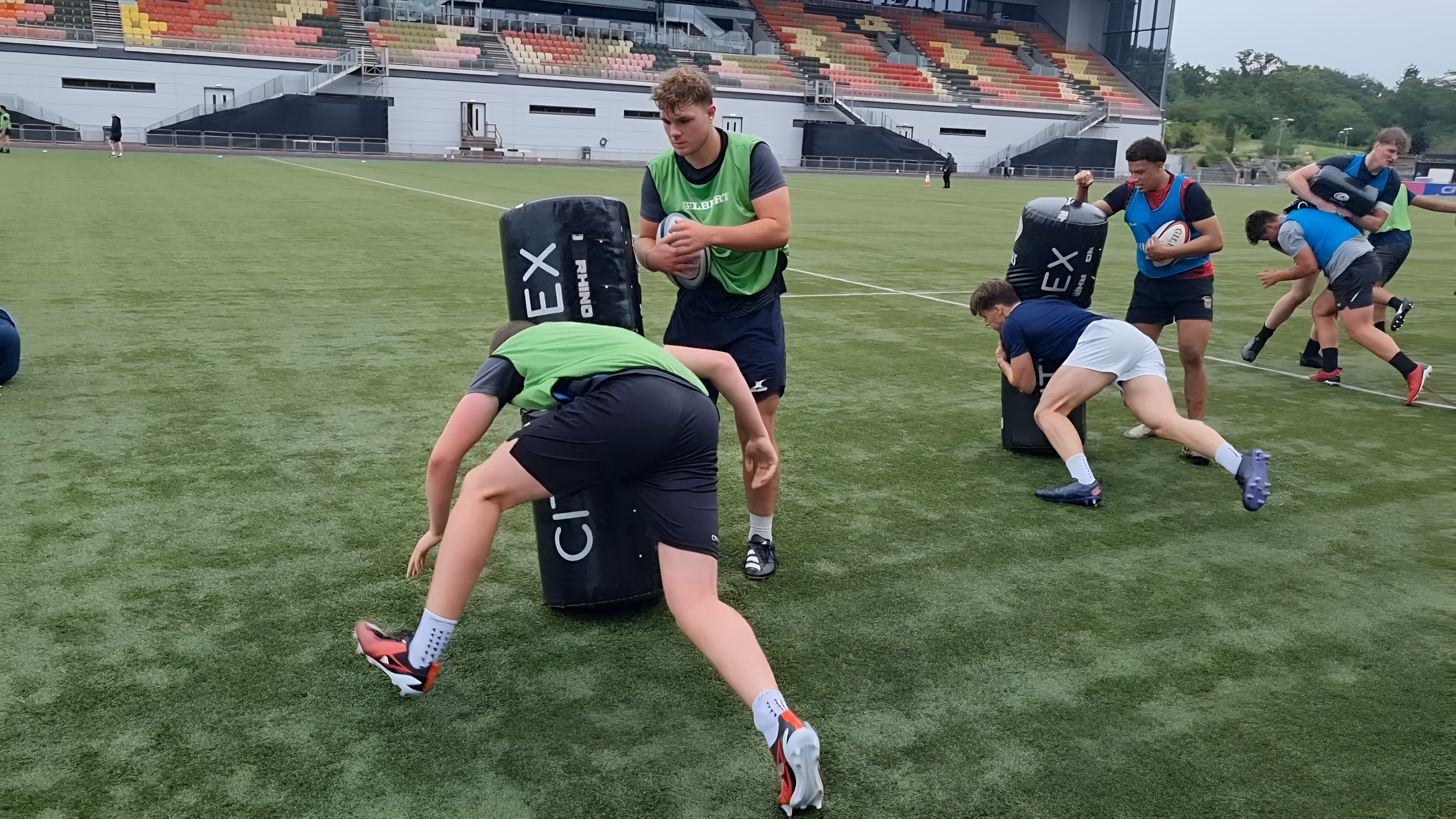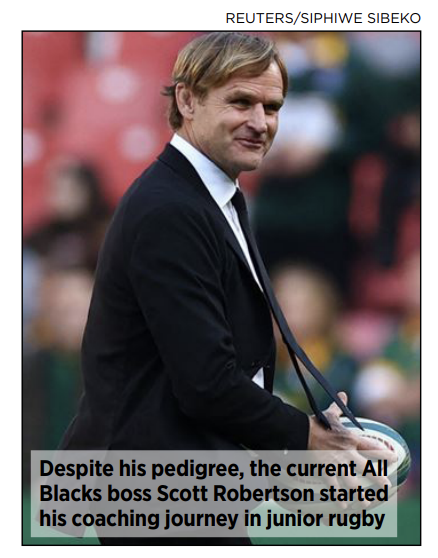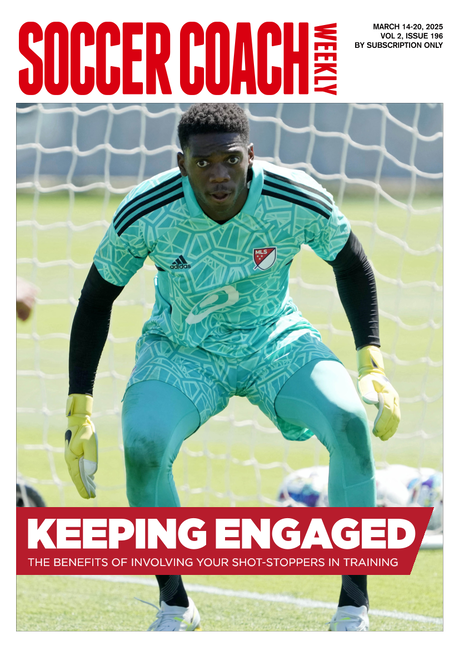Rugby coaching tips to get a captain leading more effectively
Not only must captains be competent in their playing role, they need to inspire confidence in their players, evaluate the game plan and change it if circumstances dictate, handle pressure well, make tactical decisions, and communicate effectively with the referee as well as the team.
Not only is the captain a player, he is a leader, communicator, key decision-maker, and important link between team and rugby coach. What skills should coaches be looking for in the captain?
1. Each captain is different
The first thing to remember is that there is no one set of characteristics possessed by effective captains. Consider Martin Johnson (England), Pat Lam (Samoa), George Gregan (Australia) and Brian O’Driscoll (Ireland). All have been (or still are) successful captains, but they are all very different in personality.
2. Mentally strong
"The mental part of the job is the hardest part"
All captains should be mentally strong. Inevitably, the captain will be criticised at some point, both within and outside the team. Equally, the captain needs to remain focused and aware whilst under intense pressure during a game, so that he can make the correct decisions at the right time. To cope with this requires considerable mental fortitude.
Sean Fitzpatrick of New Zealand believed that the mental aspect was the hardest part of his job as captain, with the result that he had to concentrate even more on the game than when he was a player.
3. Excellent communicator
"KISS - keep it simple, stupid"
This is another skill required by all captains. The captain will need to encourage and manage on-field communication between all the players, as well as maintaining effective communication both with players and between players and the rugby coaching staff off the pitch.
However, this does not mean that the only voice to be heard on the field should be that of the captain's. Indeed, the captain should only speak when necessary, being able to keep his communication concise and to the point.
Zinzan Brooke, also a New Zealander, was a great motivator. He focused on planting a simple idea in the minds of his players and letting it grow from there. For example, his instructions regarding defence to the backs were "make a tackle".
4. Emotionally disciplined
"Fire in the belly but ice in the brain"
Emotional discipline is important for three main reasons:
- As a role model, the example set by the captain must meet every expectation he has of the players. For example, if the captain becomes angry with the referee and constantly questions his decisions, then he cannot expect his players to accept refereeing decisions themselves.
- If the captain loses self-control and vents his anger or frustration (whether against an opponent, team mate or the referee), he will have lost the ability to make rational decisions. His own performance will suffer. A loss of emotional control will affect timing, co-ordination and the ability to "read" the game, since one's awareness becomes more narrowly focused.
- A loss of emotional control will be seen as a sign of weakness by the opposition, boosting their confidence whilst undermining that of your team.
This does not mean that your captain becomes an emotionless robot, devoid of passion. Rather he plays, in the words of the great Welsh coach Carwyn James, "with fire in the belly but ice in the brain."
5. Knows the players
"The first thing you have to remember as captain is while rugby is very much a team game you are dealing with individuals who are all different in attitudes, temperament and experience. Thus you have to find out each person's strengths and weaknesses… and you have to find out which players best respond to the carrot and which to the stick."
The captain should have the ability to deal with each player as an individual. Consequently, he will know what motivates different players and how they prefer to prepare themselves mentally for a game. For instance, not all players respond to being shouted or sworn at.
The captain needs to know which players are best left alone, which require a quiet reminder of expectations and which need a more forceful articulation of what is required in games/training drills.
He should observe players both on and off the field in order to learn how best to deal with them. The captain that also takes time to get to know his team mates as people and not just players will ultimately achieve far more respect and effort from them.
6. Self-confident
"Don't ask me how I played. I always think I played well"
A self-confident captain inspires confidence in others. It also helps him maintain his own performance. This is easy when things are going well. It is harder, but arguably even more important, to do so when the going gets tough. The captain needs to make sure he at least gives the impression of confidence in these circumstances.
Looking and acting confident will, sooner or later, lead to being confident.
Peter Tann is a qualified rugby coach and sports psychologist.
This article is taken from the Better Rugby Coaching e-newsletter. Click here to sign up and get free rugby drills, tips and skills twice a week.
Click here for leadership lessons from Attila the Hun.
Newsletter Sign Up
Coaches Testimonials

Gerald Kearney, Downtown Las Vegas Soccer Club

Paul Butler, Florida, USA

Rick Shields, Springboro, USA

Tony Green, Pierrefonds Titans, Quebec, Canada
Subscribe Today
Be a more effective, more successful rugby coach
In a recent survey 89% of subscribers said Rugby Coach Weekly makes them more confident, 91% said Rugby Coach Weekly makes them a more effective coach and 93% said Rugby Coach Weekly makes them more inspired.
Get Weekly Inspiration
All the latest techniques and approaches
Rugby Coach Weekly offers proven and easy to use rugby drills, coaching sessions, practice plans, small-sided games, warm-ups, training tips and advice.
We've been at the cutting edge of rugby coaching since we launched in 2005, creating resources for the grassroots youth coach, following best practice from around the world and insights from the professional game.


